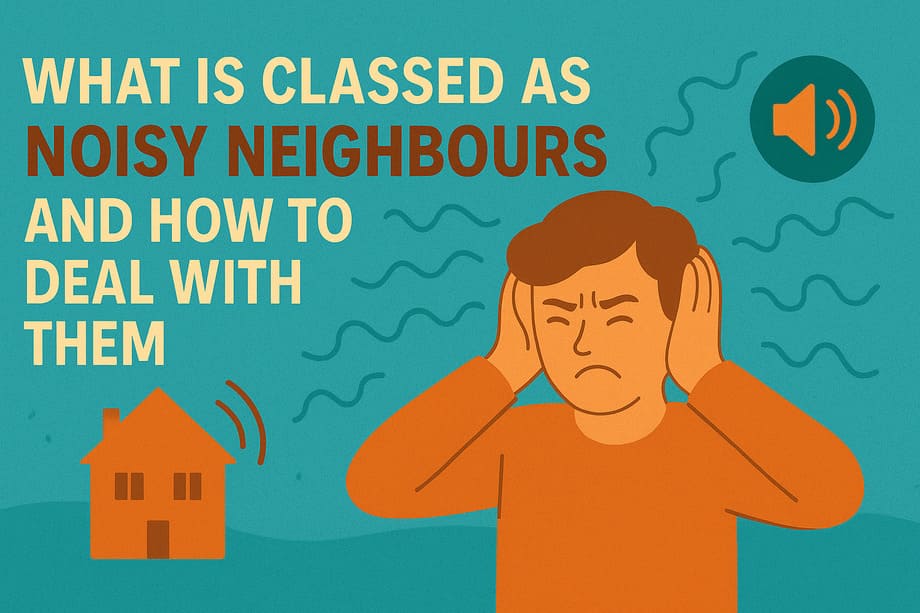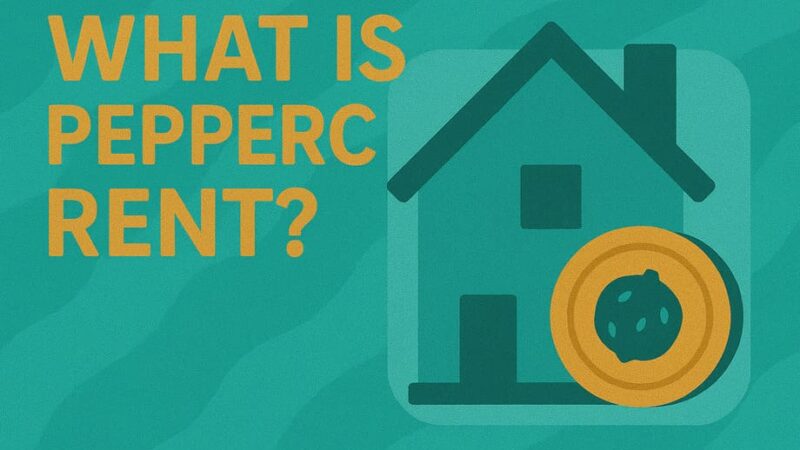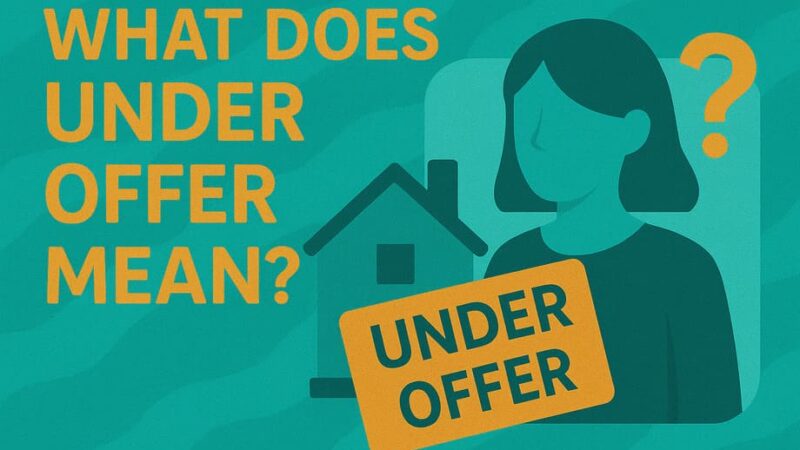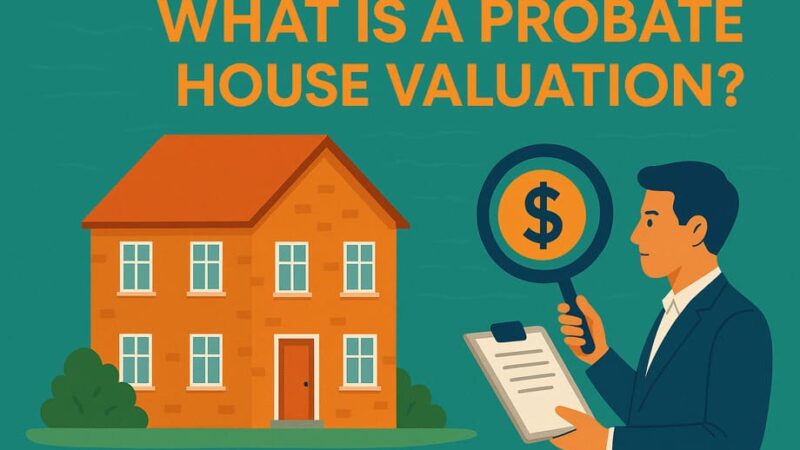What Is Classed as Noisy Neighbours and How to Deal with Them

Dealing with noisy neighbours is one of the most common disputes homeowners and tenants face. Whether it’s loud music, barking dogs, or constant DIY noise, excessive noise from neighbours can significantly affect your quality of life and enjoyment of your home. This guide explains what’s legally classed as a noise nuisance, your rights, and the practical steps you can take to resolve the problem.
What Is Classed as Noisy Neighbours?
Not all noise from neighbours constitutes a legal nuisance. Understanding what’s considered unreasonable helps you determine whether you have grounds for complaint.
Statutory Noise Nuisance
For noise to be classed as a statutory nuisance under the Environmental Protection Act 1990, it must either:
- Unreasonably and substantially interfere with your use or enjoyment of your home
- Be damaging to health or have the potential to damage health
In basic terms, the noise needs to be unreasonable. Local councils won’t take formal action against ordinary domestic noise such as:
- Footsteps or general movement
- Talking at normal volumes
- Children playing
- Doors closing
- Everyday household activities
These sounds are part of normal day-to-day living, and no property is completely soundproof.
Types of Noise That Can Cause Issues
Common types of neighbour noise that can be considered a nuisance include:
Loud Music: Stereos, televisions, or musical instruments played at excessive volumes, particularly late at night or early morning.
Barking Dogs: While there’s no legal definition for excessive dog barking, prolonged barking that affects your enjoyment of your home would generally be considered excessive.
DIY and Construction Noise: Power tools, drilling, hammering, and other building work, especially outside reasonable hours.
Parties and Social Gatherings: Frequent loud parties with raised voices, music, and disturbances.
Alarms: Car alarms or burglar alarms that go off repeatedly or aren’t switched off promptly.
Machinery and Equipment: Generators, air conditioning units, or other mechanical equipment causing persistent noise.
Vehicle Noise: Loud car stereos, revving engines, or vehicle repairs at unsociable hours.
Night Hours and Noise Levels
The Noise Act 1996 defines night hours as 11pm to 7am. During these hours, councils have specific powers to deal with noise complaints and can issue warning notices about noise above permitted levels.
For a warning notice to be issued during night hours, the noise must be:
- Measured from within your dwelling
- More than 10 decibels (dBA) above the underlying noise level if this is more than 24 dBA
However, noise considered a statutory nuisance can occur at any time of day or night, not just during designated night hours.
How to Deal with Noisy Neighbours
Resolving noise disputes typically follows a stepped approach, starting with informal solutions and escalating to formal action if necessary.
Step 1: Talk to Your Neighbour
If you feel safe and comfortable doing so, speaking directly to your neighbour should be your first step. Many people don’t realise they’re causing a disturbance, and a polite conversation can often resolve the issue quickly.
Tips for approaching your neighbour:
- Choose a calm moment, not when you’re angry about the noise
- Be friendly and non-confrontational
- Explain how the noise affects you without being accusatory
- Suggest reasonable solutions or compromises
- Listen to their perspective
Only approach your neighbour directly if you feel safe doing so. If you’re concerned about potential conflict or harassment, skip to the next steps.
Step 2: Keep a Noise Diary
If the problem continues after speaking to your neighbour, start keeping a detailed record of each incident. A noise diary serves as crucial evidence if you need to take formal action.
Your noise diary should include:
- Date and time of each incident
- Duration of the noise
- Type of noise (e.g., loud music, barking dog, DIY)
- How the noise affected you (e.g., couldn’t sleep, couldn’t work from home)
- Any action you took in response
Keep this diary for at least a few weeks to establish a pattern. The more detailed your records, the stronger your case.
Step 3: Contact the Landlord or Letting Agent
If your noisy neighbour is renting, contacting their landlord or letting agent can be effective. Tenancy agreements typically include clauses about not causing nuisance to neighbours.
For private rentals:
- Find out who manages the property (landlord or letting agent)
- Explain the noise problem in writing
- Provide evidence from your noise diary
- Request that they speak to their tenant about the issue
For housing association tenants:
- Contact the housing association’s complaints department
- They should have a specific process for dealing with tenant complaints
- Housing associations can take action against tenants causing nuisance
Step 4: Try Mediation
Mediation involves an independent person helping both sides reach an agreement. It can be particularly effective when direct conversation hasn’t worked but you want to avoid formal action.
Sources of mediation:
- Your local council may provide free mediation services
- Your neighbour’s housing association might offer mediation
- Private mediators (though you may need to pay)
Both parties must agree to attend mediation for it to proceed. Mediators remain neutral and help facilitate a compromise that works for everyone.
Step 5: Report to Your Local Council
If informal approaches haven’t resolved the problem, report the noise nuisance to your local council’s Environmental Health department. This is appropriate when noise is causing a statutory nuisance.
When contacting the council, provide:
- Your completed noise diary with detailed records
- Information about steps you’ve already taken (talking to neighbour, mediation attempts)
- Your neighbour’s address and name if known
- How the noise is affecting you and your household
Most councils have online reporting systems allowing you to submit complaints anytime. Some councils have 24-hour teams to deal with noise complaints, though service levels vary by authority.
Step 6: Council Investigation and Action
Once you’ve reported a noise problem, the council will investigate to determine if a statutory nuisance exists.
Investigation process:
- Initial Assessment: The council reviews your noise diary and complaint details
- Letter to Neighbour: The council typically writes to inform them of the complaint and requests they control the noise
- Monitoring: Council officers may visit your property to witness the noise firsthand
- Assessment: Officers determine if the noise meets the legal definition of statutory nuisance
Councils need to witness the noise themselves to take legal action in most cases. Officers will assess factors including:
- The time of day the noise occurs
- The type and volume of noise
- How often it happens
- The duration of noise incidents
- The effect on your household
Noise Abatement Notice
If the council decides the noise constitutes a statutory nuisance, they must issue a noise abatement notice to whoever is responsible. This legal notice:
- States what the person must do to stop or reduce the noise
- Explains the consequences of not complying
- Sets out timescales for compliance
The notice can be served on the person making the noise, the property owner, or the occupier, depending on circumstances.
Penalties for Breaking an Abatement Notice
If someone breaks a noise abatement notice without reasonable excuse, they face:
For noise from homes:
- Fines up to £5,000
- Possible seizure of equipment causing the noise (stereos, TVs, speakers, etc.)
For noise from factories or businesses:
- Fines up to £20,000
Warning Notices for Night-Time Noise
For excessive noise specifically during night hours (11pm-7am) that doesn’t necessarily constitute a statutory nuisance, councils can issue warning notices.
If someone doesn’t comply with a warning notice, councils can:
- Issue a fixed penalty notice with fines up to £110 for homes (£500 for licensed premises)
- Prosecute if the person doesn’t pay the fine, leading to potential fines of up to £1,000 for homes (unlimited for licensed premises)
- Confiscate noise-making equipment
When to Contact the Police
The police don’t generally deal with noise complaints from neighbours unless:
- The neighbour is violent, abusive, or threatening towards you
- You believe a crime is being committed
- There’s a breach of the peace
Contact the police if:
- Your neighbour is harassing you or being aggressive
- You feel threatened or unsafe
- There’s suspected drug use, violence, or criminal activity
- It’s a hate crime related to your race, religion, disability, sexuality, or gender identity
Call 999 if a crime is happening right now or 101 to report a crime later.
Community Trigger
If you’ve reported noise issues to your local authority and the problem persists or you’re unhappy with how it was handled, you can use the Community Trigger process.
Community Triggers are part of the Anti-social Behaviour, Crime and Policing Act 2014 and require authorities to review your case if certain thresholds are met.
When Community Trigger applies:
The threshold is set by each local authority but generally considers:
- How often complaints have been made
- The number of different incidents reported
- How effective previous responses have been
If the threshold is met, your local authority, police, and social housing providers (if relevant) must investigate and review your case, potentially leading to more effective action.
Legal Action Through the Courts
As a last resort, you can take private legal action against noisy neighbours through the courts. This should only be considered after exhausting all other options.
Court action involves:
- Instructing a solicitor experienced in neighbour disputes
- Gathering substantial evidence of the nuisance
- Potentially significant legal costs
- Court hearings where you’ll need to present your case
- The possibility of the court issuing an injunction requiring the neighbour to stop the noise
Courts can also award damages for nuisance, but legal action is expensive and time-consuming, so should be a genuine last resort.
Special Situations
Alarms
Burglar alarms and car alarms causing nuisance have specific powers:
- Councils can serve abatement notices if alarms cause statutory nuisance
- In designated alarm notification areas, alarm owners must provide key holder details to the council
- If alarms sound for 20 minutes continuously or 1 hour intermittently without being silenced, councils can enter properties to turn them off (with a warrant if force is required)
Construction and DIY Noise
While no specific times are designated for DIY and construction work in private homes, unreasonable noise at unsociable hours can constitute statutory nuisance.
For commercial construction:
- Councils can serve notices on people carrying out construction or demolition work
- These notices specify how work should be conducted to avoid potential statutory nuisance
- Complaints about construction noise should be directed to your council’s Environmental Health department
What If You’re Selling Your Property?
If you’re in a dispute with a neighbour and selling your home, you have legal obligations:
Property Information Forms (TA6):
You must disclose any neighbour disputes when completing property sale forms. Failing to disclose known disputes could lead to:
- The buyer pulling out of the sale
- Legal action against you for misrepresentation
- Being sued for damages
Be honest about any ongoing issues, as buyers will likely discover them during their enquiries.
Frequently Asked Questions
What time can neighbours make noise until?
There’s no specific legal time when noise must stop. However, the Noise Act 1996 defines night hours as 11pm to 7am, during which councils have specific powers. Noise can be a statutory nuisance at any time if it unreasonably interferes with your home enjoyment.
How loud can neighbours be legally?
There’s no specific decibel limit for noise complaints. Each case is judged on its merits, considering factors like the time of day, type of noise, frequency, and impact on your quality of life.
Can I call the police about noisy neighbours?
The police don’t usually deal with noise complaints unless the situation involves violence, threats, harassment, or criminal activity. For noise issues alone, contact your local council’s Environmental Health department.
How do I prove my neighbour is too loud?
Keep a detailed noise diary recording dates, times, duration, and type of noise. The council may also need to witness the noise themselves through monitoring visits to your property.
What is classed as unreasonable noise from neighbours?
Unreasonable noise substantially interferes with your use and enjoyment of your home. This includes persistent loud music, excessive barking, frequent DIY noise at unsociable hours, and similar disturbances. Normal household sounds like footsteps and talking aren’t classed as unreasonable.
How long does a noise complaint take to resolve?
Timescales vary depending on the severity and evidence. Simple cases where councils quickly witness statutory nuisance might resolve within weeks. Complex cases requiring extensive monitoring and legal action can take several months.
Can my landlord evict me for noise complaints?
If you’re a tenant causing noise nuisance, your landlord can take action including warnings, behaviour contracts, and potentially eviction proceedings if you breach your tenancy agreement terms about not causing nuisance.
What happens if I make a false noise complaint?
Making deliberately false complaints wastes council resources and could result in action against you. However, genuine complaints that don’t result in formal action won’t cause problems, councils understand that noise tolerance varies.
Final Thoughts on Dealing with Noisy Neighbours
Dealing with noisy neighbours can be stressful and frustrating, but there are clear steps you can take to resolve the situation. Most noise disputes are resolved through informal approaches, a friendly conversation or landlord intervention often solves the problem without needing formal action.
If informal methods don’t work, your local council has legal powers to address noise nuisance and must act if they determine a statutory nuisance exists. Keep detailed records, be persistent, and don’t hesitate to report ongoing issues.
Remember that everyone has the right to reasonable enjoyment of their home, but equally, no property is completely soundproof and some level of neighbour noise is inevitable. The law protects you from unreasonable noise that substantially affects your quality of life, while recognizing that normal household sounds are part of everyday living.
If you’re experiencing noise problems from neighbours, start with the informal approaches outlined in this guide and escalate gradually if needed. With patience and proper documentation, most noise issues can be successfully resolved.
Last Updated on October 20, 2025 by James Cartwright







